Fishing is a very fun and challenging hobby! Not only do you get fresh air and healthy exercise, but you are able to develop your skills and bring home a delicious fresh fish for dinner.
However, many people who are curious about fishing will be overwhelmed by the amount of information available on the internet. It seems like there is so much to consider, from how to choose the best fishing rod to picking the most effective lures. This article can help you give a big picture so you get a general idea of fishing before shopping for gear or researching on more advanced fishing skills.
How do I choose a fishing rod?
Fishing rods come in different lengths, sizes and weights. There are fishing kits that come with complete lures, or completely customizable rods and accessories. If you are new to fishing, it’s best to order a complete rod and reel set, or go to a tackle shop who can give you a one-on-one consultation.
When you choose a fishing rod, consider the kind of fish you want to catch, and where you are most like to fish. You have the choice between salt water and fresh water fish. Understandably, this is most defined by your nearest and most convenient fishing spots.
While avid fishermen will travel far and wide to get a good fish, the first step is to get in a lot of hours of practice. So, find out where to go and what kind of fish you are most likely to find there, and then pick the best fishing rod for those conditions.
It’s better to invest in a versatile fishing set up that you can confidently and conveniently bring with you to a local pond, rather than a specialized kit that will gather dust in your garage.
How do I choose my lures?
Many fishing kits will include a starter set of lures, but you may want to collect more as you get a feel for the fish you want to catch. Lures are generally easier to hook than live bait, but they can get lost. Since the better lures can cost a lot of money, you have to consider the following factors when you shop.
Spinners are the best lures for new fishermen, since they have a natural spinning action that can atact fish even in murky waters.
Jigs are a kind of lure that is very versatile but takes a bit more skill to cast. It will sink to the bottom of the water, so you have to have an idea of the current and the timing. You will also need to avoid debris that can catch the jug.
Spoons are engineered to wiggle in the water, much like injured prey fish. With enough practice you can control the speed of the wobble. Plastic baits are also designed to act like live bait, but will be a little more difficult to control.
Flies are meant to act like insects that are flying just on the surface of the water, and will attract predatory fish. These are sensitive to movement, and will need some skill and experience with casting. You will enjoy experimenting with flies and the different fishing techniques involved.
How do I attach my lures?
One of the important skills you will learn while fishing is how to tie different knots. You will often be making Arbor knots, Palomar knots, and Surgeon’s knots. If you are completely knew to fishing, try the Uni knot. You just need to thread your line and make a few snug loops. However, the Palomar knot is much stronger and will be more suitable if you’re catching a bigger or stronger fish!
How do I cast my fishing rod?
This is the key skill of a fisherman and one that you will perfect the more you practice. The best fishing rods make it easy to cast because of the light weight and flexibility. However, you will need different kinds of fishing equipment to give you different kinds of casts.
If you want a lot of distance, try an overhead cast. If you are after much closer prey, than control the slack of your rod. This may sound complicated, but as you experiment with different weights and movements you will get an idea of how to control the distance of your cast.
Experience: the best way to learn how to use a fishing rod
Fishing is both a science and an art. You will get a clear idea of how to get the fish you want by researching, reading reviews of the best fishing rod, and more importantly, testing those techniques in real conditions.
Don’t be discouraged if you go home after a trip empty-handed. You will acquire these fishing skills over time, and pretty soon will be able to weave your fishing rod with the confidence and instinct of an expert.
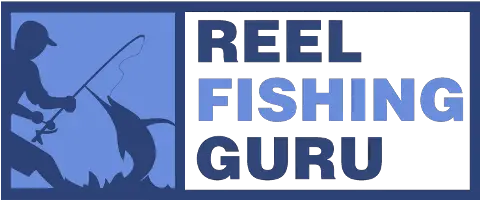
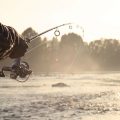
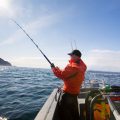

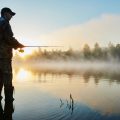
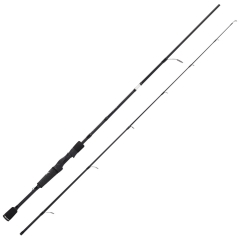


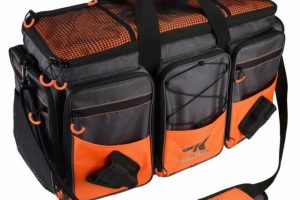
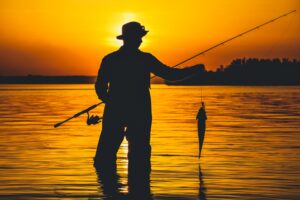
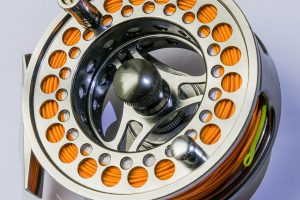

Pingback: What is swimbait? | Reel Fishing Guru